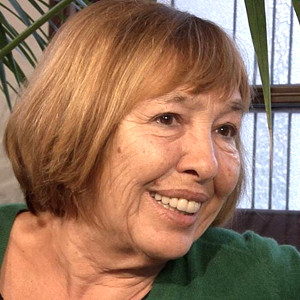Your Experience, Your Choice
To offer you the best experience, we only use essential and anonymous cookies.
Manage Your Preferences
Customize your navigation: only essential cookies are required. Others help us better understand your needs anonymously.
Accept All Cookies
Confirm My Choices
Thank you! Your submission has been received!
Oops! Something went wrong while submitting the form.
















